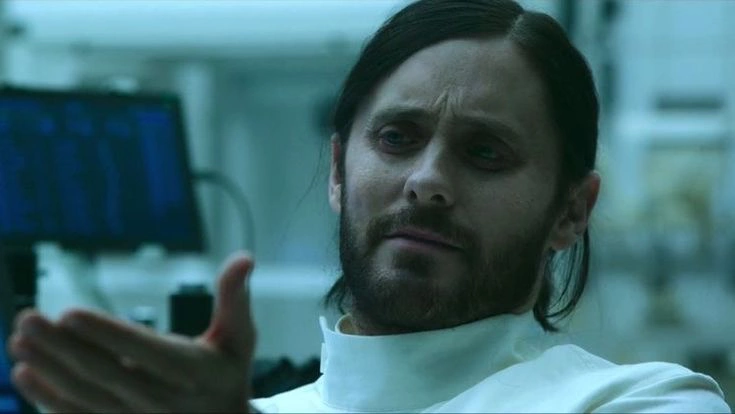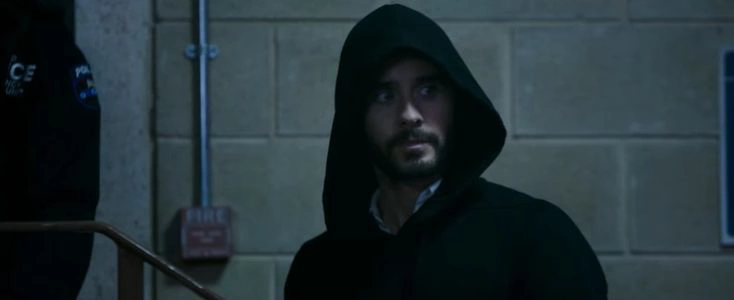Jared Leto — Ares Returns in Tron: Ares
In July 2025, fans will witness the highly anticipated return of Dexter Morgan—the iconic antihero from the cult thriller series Dexter. In the new show Dexter: Resurrection, created by Clyde Phillips for Paramount+ and Showtime, Michael C. Hall reprises his role as Dexter, haunted by the shadows of his past. Picking up after New Blood, Dexter lands in New York City on the trail of his son Harrison, while Captain Batista refuses to let go in the search for truth. With co-stars like Peter Dinklage, Uma Thurman, and Ntare Mwine, the series is not just about hunting killers—it explores the fragile balance of identity when one's past resurfaces in a new world. Michael C. Hall portrays not just Dexter’s calculated charm, but also the vulnerability of a man struggling to control his darkness, especially when paternal bonds collide with instinctual habits.

Set against the sprawling, impersonal backdrop of New York City, Dexter: Resurrection marks a shift in tone and tempo. Gone are the familiar palm trees and sun-soaked crime scenes of Miami — this is a colder, more chaotic world, reflecting the turbulence within Dexter himself. The city becomes a character of its own: a relentless organism filled with secrets, shadows, and strangers who might be allies — or threats.
The series leans heavily into psychological tension. Dexter is no longer the confident predator who controlled his urges through a strict moral code. He is now a man on edge — older, wearier, and more self-aware — forced to face the consequences of a life built on lies and blood. As he chases after Harrison, he's not just trying to find his son — he's trying to find redemption, or perhaps, a final answer to the question he’s been avoiding his entire life: Can someone like him truly change?
Harrison, meanwhile, is no longer the confused teenager we met in New Blood. He’s evolving — navigating his own moral dilemmas, battling internal demons, and attempting to define who he is without falling into the same traps as his father. But the line between inherited darkness and free will grows thinner with every episode, especially when the world around him keeps pushing him closer to the edge.
The introduction of new characters brings complexity and depth to the narrative. Some appear as possible anchors for Harrison or Dexter, while others become dangerous obstacles. Each of them represents a piece of the larger puzzle — a puzzle that, if solved, could expose Dexter’s carefully hidden truth.
One of the show’s strongest elements is its commitment to emotional honesty. It doesn’t glorify Dexter’s actions; instead, it interrogates them. The show asks viewers to reflect: Does the intention behind a violent act justify the act itself? Is protecting a loved one always noble — even if it means doing monstrous things?
The score, the cinematography, and the pacing all reflect this darker, more introspective chapter. Flashbacks and internal monologues provide windows into Dexter’s fractured psyche, revealing guilt, doubt, and a desperate longing for connection. It’s a haunting evolution of a character once thought to be unreachable by human emotion.

Ultimately, Dexter: Resurrection is more than just a continuation — it's a transformation. It blends crime drama with psychological thriller, father-son drama with noir sensibility. Longtime fans will recognize the core of what made the original Dexter unforgettable, while new viewers will find a complex, standalone narrative full of suspense, moral conflict, and emotional stakes.
As Dexter walks the tightrope between redemption and relapse, the audience is left wondering: will he finally silence the dark passenger — or become consumed by it for good?
Close